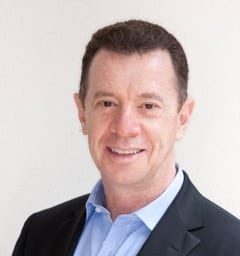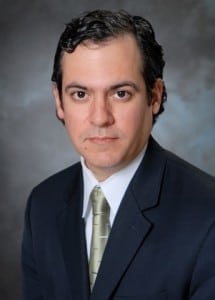Consultoria de Desarrollo Rural, Emprendimiento Social & Desarrollo Sostenible (Spanish Version also available)
About this Webinar:
The development of rural infrastructure in developing countries can be expensive, challenging to implement, typically does not lend itself to easily measured, meaningful outcomes, and requires ongoing local support to ensure long-term efficacy. While international aid organizations, non-government organizations (NGOs) and foundations attempt to address these issues, smaller companies and start-up organizations that collaborate with these well-established organizations get bogged down with stringent contracting and lengthy reporting requirements, diverting much of their already scarce resources away from operations. As a result, innovation from smaller, local organizations that could otherwise provide sustainable solutions to persistent development problems is stifled.
If aid organizations make a commitment to the idea of “high-impact partnerships” the process for involving these partners must be reviewed and a more manageable procurement process for small organization must be implemented. If successful, the impact of these development projects could be dramatically improved. Locally-based entrepreneurs and organizations with long-term, in-country experience best understand the context of infrastructure projects. If these in-country partners are given the freedom to test out their ideas with pilot programs, then the potential to scale up their innovative solutions can result in immense positive impact for beneficiaries.
Presenters & Moderators:
Daniel Garcia, P.E., has more than 15 years of experience in the engineering and finance sectors. His international development work has taken him to three continents, including two tours of duties with the Peace Corps in Nepal and Honduras and several projects with Engineer Without Borders (EWB) in Cambodia and Honduras. He founded Emergent Engineers in 2012 to foster collaboration between engineering professionals in North America and Central America. He works closely with his two Honduran partners to assist rural communities in obtaining access to basic needs, employ indigenous, capable professionals, and leverage technology to optimize the project procurement process in developing countries. He is a LEED Green Associate, Treasurer of the EWB Southeast Region, member of the America Society of Civil

Bryse Gaboury has extensive experience in civil engineering and construction management, primarily in Southeast Asia. Projects include reservoir reconstruction, temple restoration, rice mill warehouse design and construction management, irrigation systems, school buildings, hydrological assessment, WASH programs, temporary structures and site inspection. He holds a Master’s degree in Civil Engineering from Columbia University, a Bachelor’s degree in Architectural Engineering from the University of Colorado and a Professional Engineering license in the state of California. He is also a member of the American Society of Civil Engineers (ASCE), Engineers Without Borders USA, the American Cambodian Business CSR Committee and a founding member of the Lighthouse Club Phnom Penh, Cambodia Chapter.

Francesco Piazzesi, who grew up in Mexico is deeply passionate about home ownership and community building for the poorest of the poor. Piazzesi founded in 1985 Adobe Home Aid, a non-profit that teaches communities how to make robust construction materials out of 90% natural earth. After writing his PhD dissertation on “Sustainable Housing Microfinance Mortgage”, realized that community building and home ownership requires other components, such as social capital, financial literacy and credit instruments, in 1997 Piazzesi transformed Adobe Home Aid, a non-profit into a social business named Echale a Tu Casa. Echale´s social impact has reach 180 thousand families. The program has received Katerva, World Housing Award, Clinton Global and Schwab foundation recognition. Piazzesi is an Ashoka fellow since 2010.

